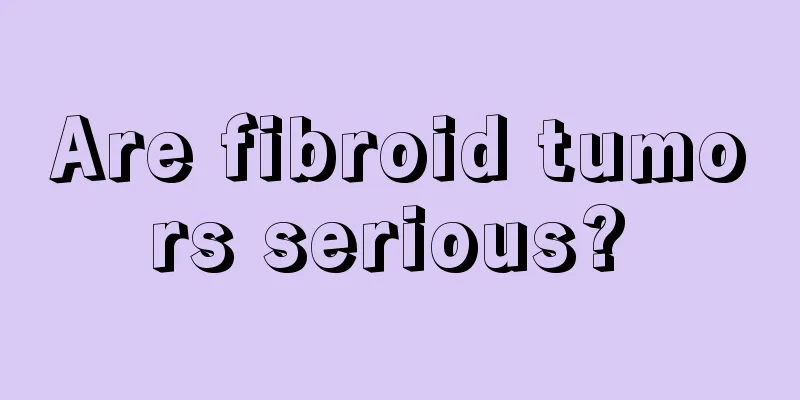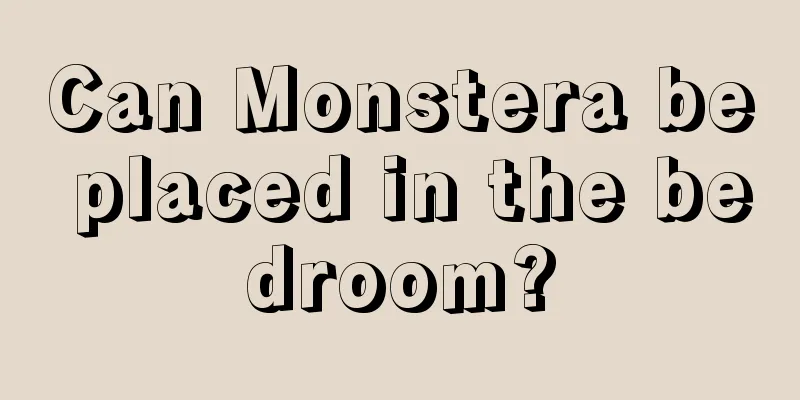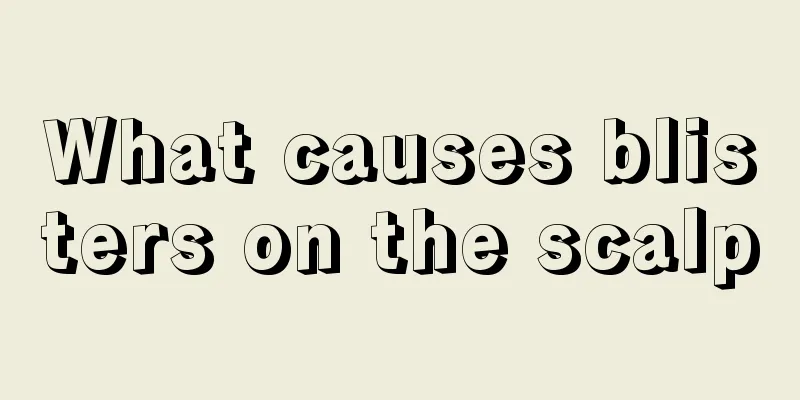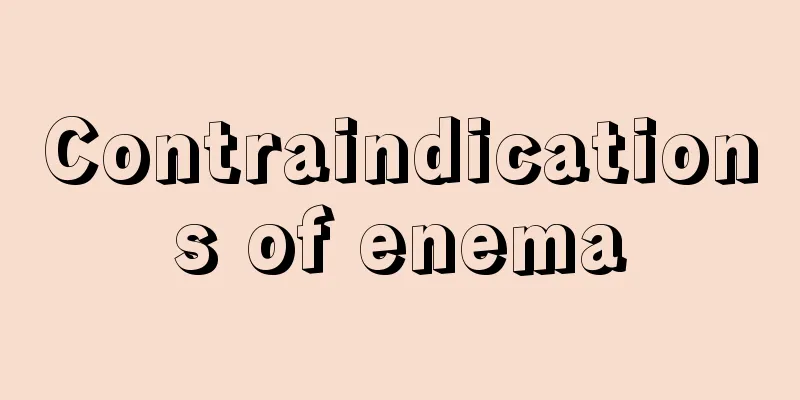Laser surgery brings good news to patients with vocal cord cancer

|
Endoscopic laser surgery can be used to accurately remove the tumor in the early stage of vocal cord cancer, and restore the voice to a good state after surgery. The surgical efficacy rate is over 85% to 90%. It is currently the preferred method for treating vocal cord cancer and brings good news to vocal cord cancer patients. In 1972, Vaughan et al. used CO2 laser to treat laryngeal cancer. At the same time, Polonyi, Jako, Strong et al. used CO2 laser for laryngeal microsurgery to treat supraglottic laryngeal cancer. Laser microsurgery for early vocal cord cancer has become a routine operation. Although my country successfully developed laser equipment earlier, it was used later in laryngology for laryngeal microsurgery and is not popular enough. In my country, the application of laser surgery to treat laryngeal cancer is mainly limited to early glottic cancer T1 lesions, and few people perform laser surgery on T2 and T3 lesions. There is no unified standard for the indications of laser surgery. With the continuous development of medical technology, the indications of surgery are also expanding. In 1996, 32 cases of vocal cord cancer were treated with CO2 laser. The local recurrence rate was 9.3% after 1 to 3 years of follow-up. In 2002, 217 cases of glottic laryngeal cancer were reported, including 22 cases of carcinoma in situ. The 3-year survival rate was 97.2%, and the 5-year survival rate was 89.4%. Compared with other traditional treatment methods, laser surgery has the advantages of short operation time, less intraoperative bleeding, clear surgical field, no need for neck incision, etc. It can also reduce the patient's pain, accelerate wound healing, reduce postoperative complications, shorten hospital stay, and maintain good postoperative laryngeal function. Moreover, laser surgery can be repeated for recurrent tumors or for the occurrence of a second primary tumor, and it is still effective. Tips: Contraindications of laser surgery for laryngeal cancer 1. Patients with laryngeal cartilage involvement; 2. Glottic laryngeal cancer extends to more than 5mm below the glottis or involves the paraglottic space; 3. Supraglottic laryngeal cancer involving the epiglottic vallecula, pre-epiglottic space or tongue root. |
<<: Surgical considerations for tracheostomy recurrence
>>: What is radical resection of liver cancer
Recommend
Is sodium chloride normal saline?
Normal saline is a very common thing in daily lif...
How to quickly eliminate the swelling and pain in the upper jaw?
Nowadays, the pressure of work and study is incre...
Why do you get ovarian tumors
Why do we get ovarian tumors? Ovarian tumors are ...
Can pregnant women pass on esophageal cancer to their children?
Will pregnant women pass on esophageal cancer to ...
My butt feels like it's being pricked by needles. What's going on?
Needle-like pain in the buttocks is a very common...
There is a lump on the kidney
The kidneys play an important role in human healt...
What are the early symptoms of cervical cancer? If these symptoms appear, timely treatment is required
Cervical cancer refers to a malignant tumor that ...
What does urine protein 2+ mean?
We all have the experience of doing a routine uri...
What to do if your skin hurts from the sun
Sunlight has both advantages and disadvantages. O...
Common methods for treating teratoma
Even a relatively minor disease can cause harm to...
Scars from burnt fingers
Various accidents are inevitable in life. Fingers...
Can geranium essential oil relieve cramps?
Geranium essential oil can actually help us relie...
Is sticking ginger on the navel effective for weight loss?
Sticking ginger on the belly button has certain h...
Is it okay to use breast milk to wash an adult's face?
Everyone wants to have fair skin. Some people who...
What is the best way to treat pharyngitis at present?
Pharyngitis is one of the common clinical disease...









